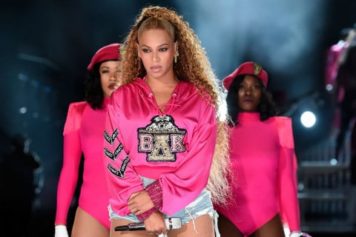In a blog post, Slack build and release engineer Erica Baker, brings the tech industry’s diversity issue back to the forefront. Baker believes that diversity initiatives that focus on “women in tech” is a colorless response to the lack of people of color working in the tech industry. In other words, such initiatives do not solve the dismal number of Black, Latino, and Asian workers at major tech giants.
Baker writes about last week’s Grace Hopper Conference scheduled for Oct. 14-16. The main purpose of the conference is to highlight the achievements and advancements of women in tech but there are two white male headline speakers. To add insult to injury, there are no Black female headline speakers, although Janet George, a woman of color, headlined on Friday. The conference is sponsored by the Anita Borg Institute, which also has no Black female board members.
Baker’s disappointment is legitimate. In fact, Black women represent less than five percent of employees at major tech giants including Apple, Google, Facebook, Microsoft and Intel. Given the dismal statistics, it’s not surprising that the industry has failed to represent the few women in the industry at one of the largest conferences this year.
Baker is an ex-Google employee who released employee salary data at the company. She’s also behind #RealDiversityNumbers, a Twitter movement that urges companies to report numbers about retention, and the number of lawsuits settled out of court.
Baker, who did not attend the Grace Hopper Conference, wants to focus on the good work of Black women in tech like Kaya Thomas, an IOS developer and Morgan Debaun, founder of Blavity. She argues that to many tech companies, colorless diversity means “get in line people of color… wait for (white) women to get theirs, then we’ll get to you.”
There is a proven lack of intersectionality when it comes to real diversity, and that ultimately, is the problem.



